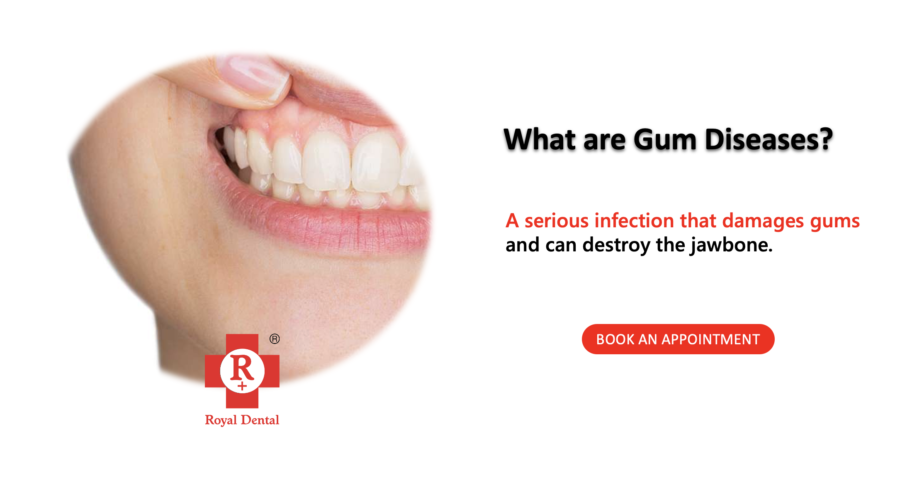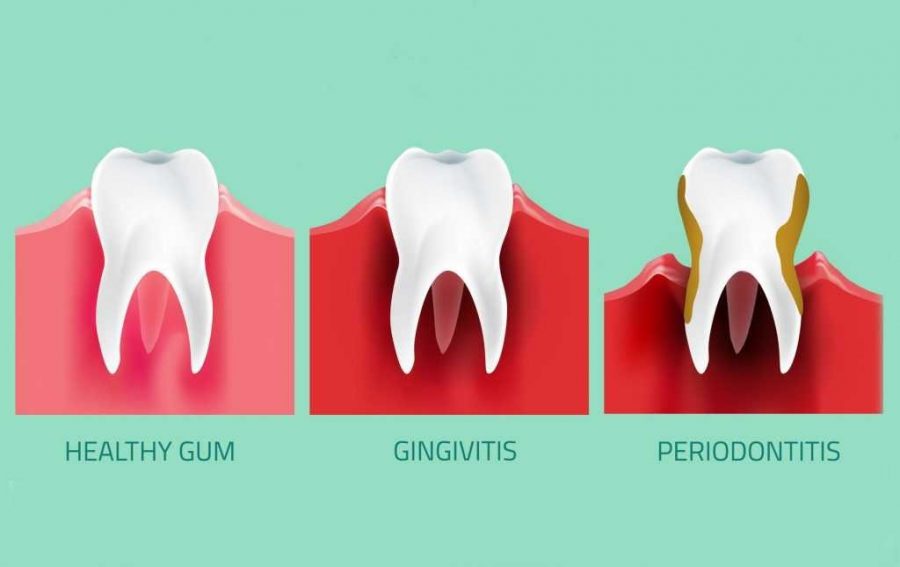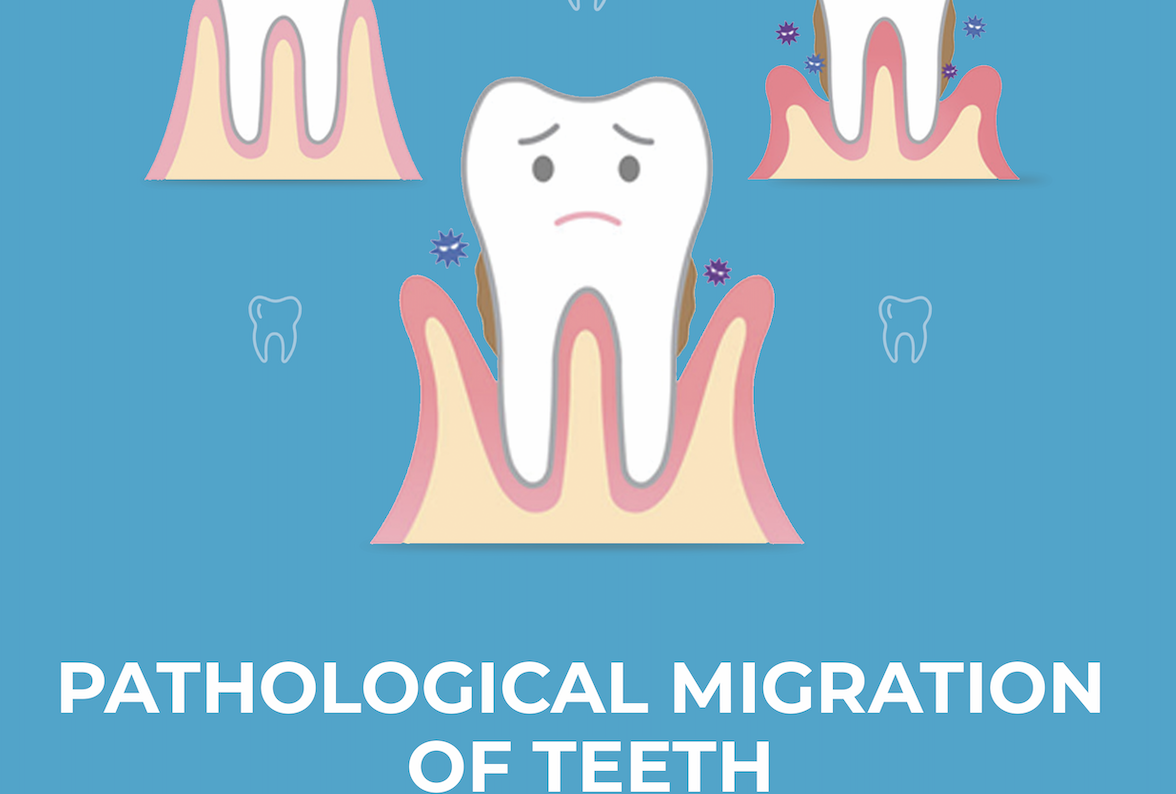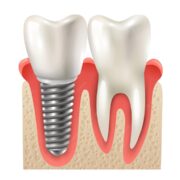Are your gums receding and your teeth looking more like fangs? If so, you’re probably dealing with a case of periodontitis. Also known as “gum disease,” periodontitis is actually an infection that begins when bacteria that normally live on the surface of our teeth grow out of control. Once they’ve taken root beneath the gums, thesebacteria create a sticky biofilm that traps food particles, allowing them to thrive even further. The result? Your mouth becomes teeming with harmful bacteria that can cause irreparable damage to your gums, jaw bones, and the rootsof your teeth. If you have noticed any of these symptoms in yourself or loved ones recently and want to learn more about preventing and treating periodontitis in your 30s, keep reading for some expert insight on this often-misunderstood oral condition.
Periodontitis (per-e-o-don-TIE-tis), also called gum issue, is a serious gum infection that damages the soft tissue and, without treatment, can destroy the bone that supports your teeth making it loose. Periodontitis can cause teeth to loose or lead to tooth loss.
The symptoms of Gum disease or Periodontitis
Unfortunately, most cases of gum disease go completely undetected until it’s too late, meaning many people have no idea they have it until they go to the dentist and receive a devastating diagnosis. However, there are a few telltale signs that you may be experiencing gum issue. These include:
Red, swollen gums – This is a sign that your gums are experiencing significant inflammation.
Sensitivity when chewing – If you notice that certain foods make your gums very sensitive, you may have gum disease.

Loose teeth that fall out – While this isn’t the most common sign of gum disease, it can happen. The bacteria that causes gum disease is capable of destroying the connective tissue in your mouth, including the roots of your teeth.
Difficulty cleaning your teeth – When gum disease is at its most severe, it can be difficult to clean beneath your gums with a toothbrush.
Bad breath – If your mouth smells like rotting flesh, you probably have gum disease.
Toothaches – Gum disease can cause toothaches because it weakens the roots of your teeth.
Periodontitis is fairly uncommon in people under age 30. Still, it can affect anyone with poor oral hygiene — those who don’t brush their teeth and floss regularly. Periodontitis is more likely to happen as you age, though. That’s because years of poor oral hygiene take their toll.
Why does gum disease happen?
As we mentioned above, bacteria that are usually a normal part of your oral microbiome grow out of control, causing an oral infection known as periodontitis. Gum issues can be caused by a number of factors, including smoking or certain medical conditions such as diabetes. In addition to these external factors, many people also have a genetic predisposition to gum disease. This means that you may be more likely to develop gum disease because of something you were born with, rather than a controllable factor such as diet or lifestyle.

How to treat and prevent periodontitis
If you suspect that you have gum disease, you should visit a dentist as soon as possible. They will examine your gums, determine if you have gum issues, and outline a treatment plan. You may need to brush your teeth more frequently and use specialized oral products such as interdental brushes to help remove the biofilm that is causing the problem. You should also visit your dentist for a professional teeth cleaning on a regular basis.
This will help prevent your gums from becoming too swollen and help remove any plaque. That is causing your gums to become red and swollen. Diet and lifestyle are also important in preventing and treating periodontitis. You should try to avoid smoking and reduce your caffeine intake. Both of which can exacerbate the symptoms of gum disease.
Gingivitis is very common amongst people in their 30’s, and this age group is when it starts for those that have maybe neglected their teeth when they were younger, or are genetically susceptible to gum disease. If periodontitis is not addressed this can lead to losing your teeth prematurely.
Conclusion
Gum disease is not something that only happens in our teens and 20s. It’s a common occurrence that can affect anyone, no matter what your age. Unfortunately, many people don’t realize they have gum disease until it’s progressed to a severe state. Meaning they’re left with few treatment options and may even loose their teeth. This is why it’s critical to familiarize yourself with the signs and symptoms of gum disease and get treatment as soon as possible if you notice any of them in yourself or loved ones.
Follow Us For More Updates





